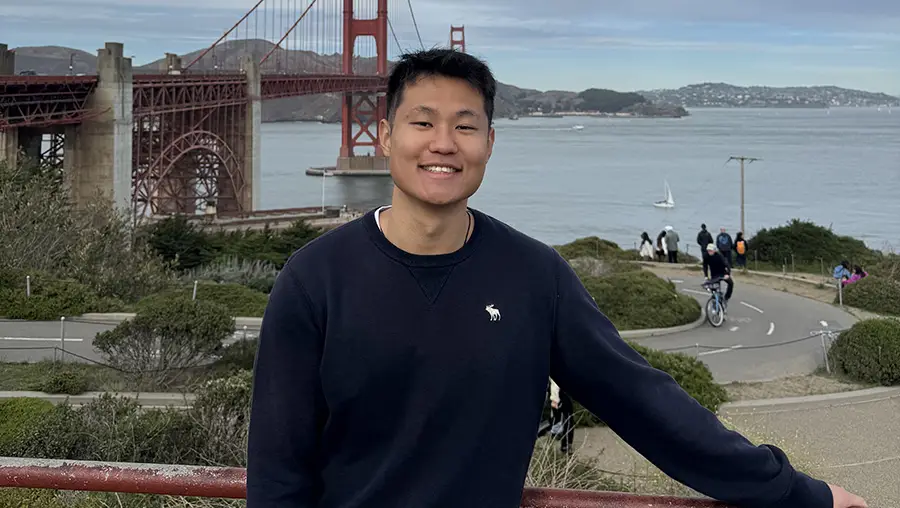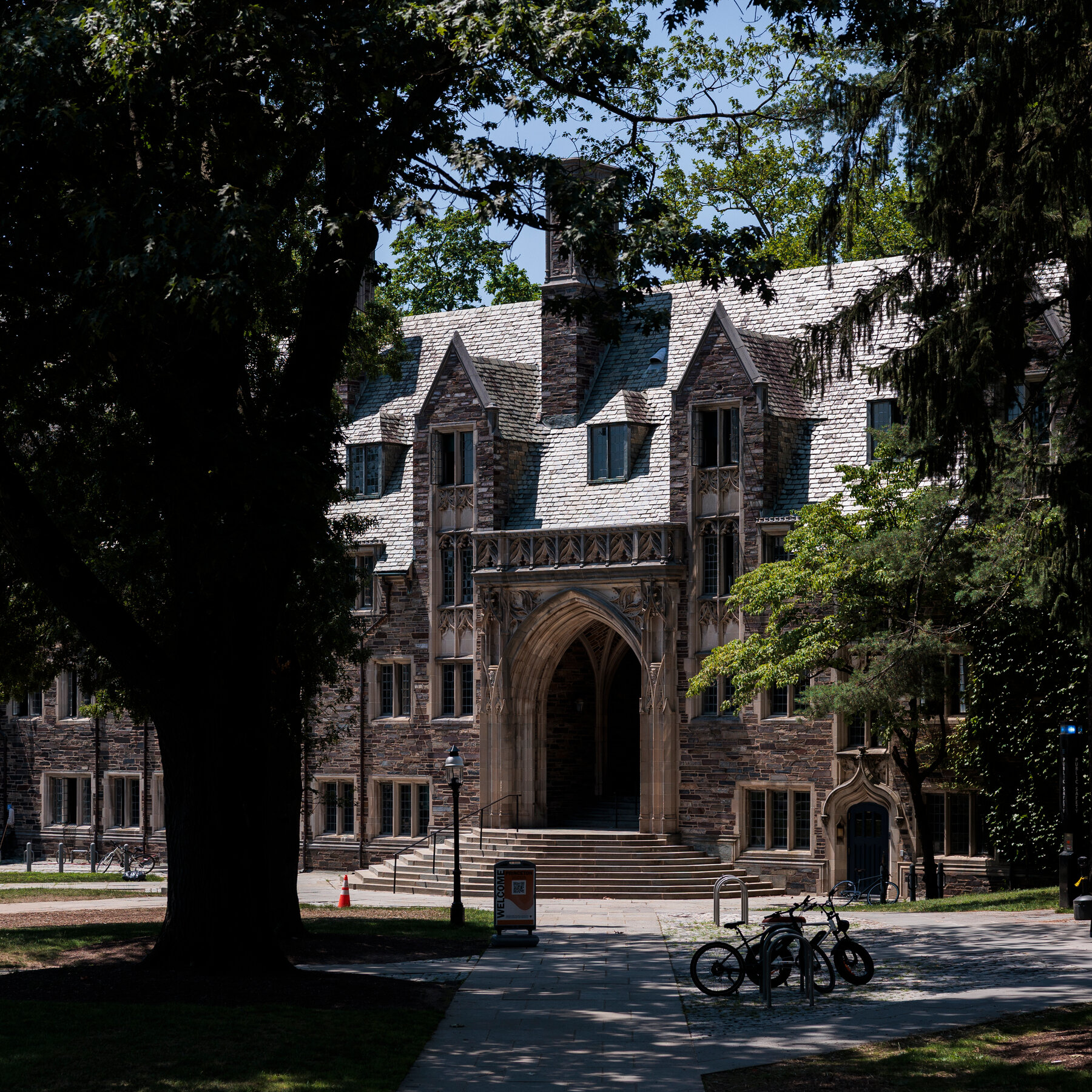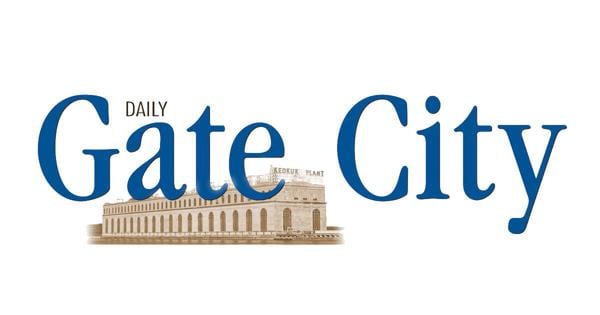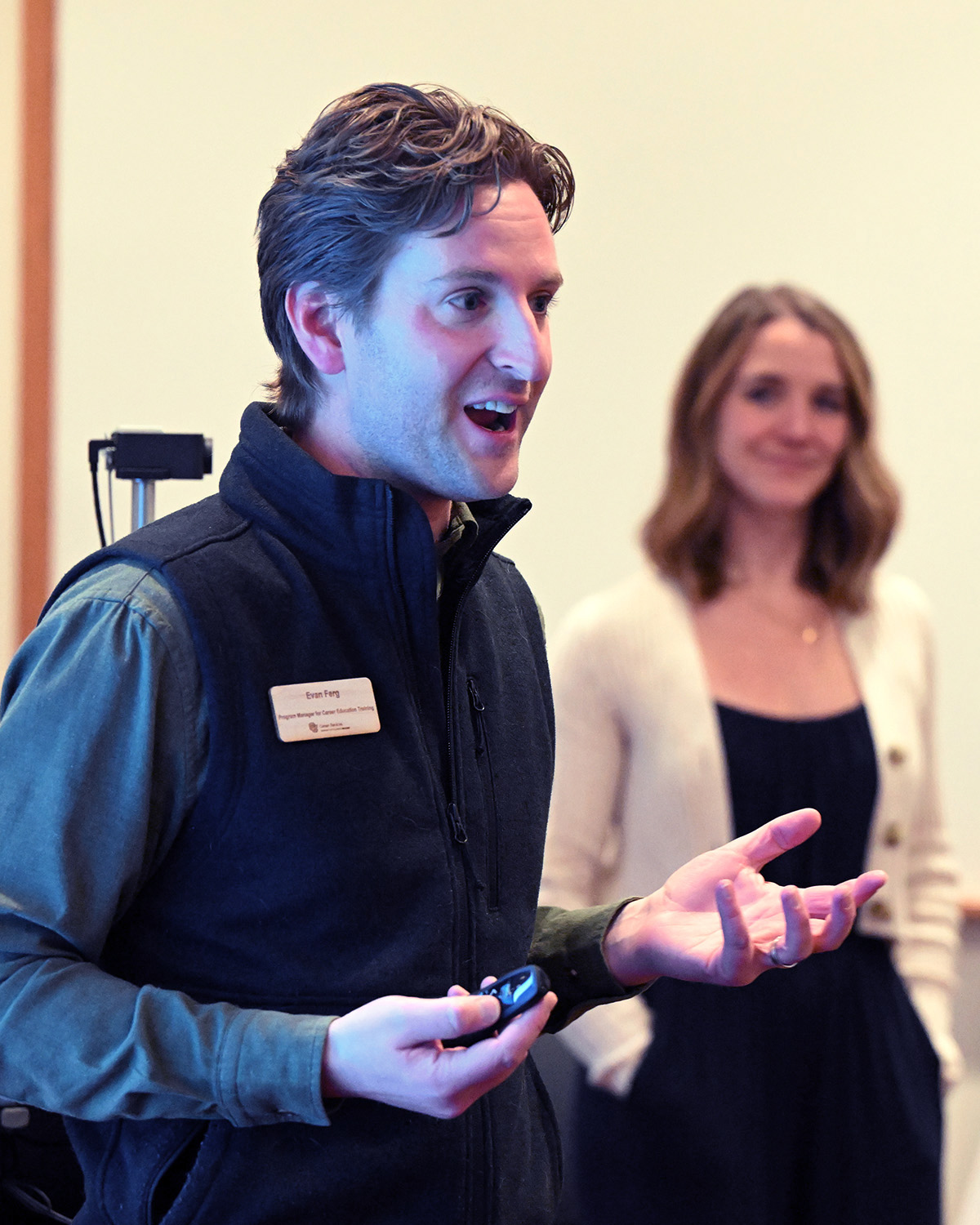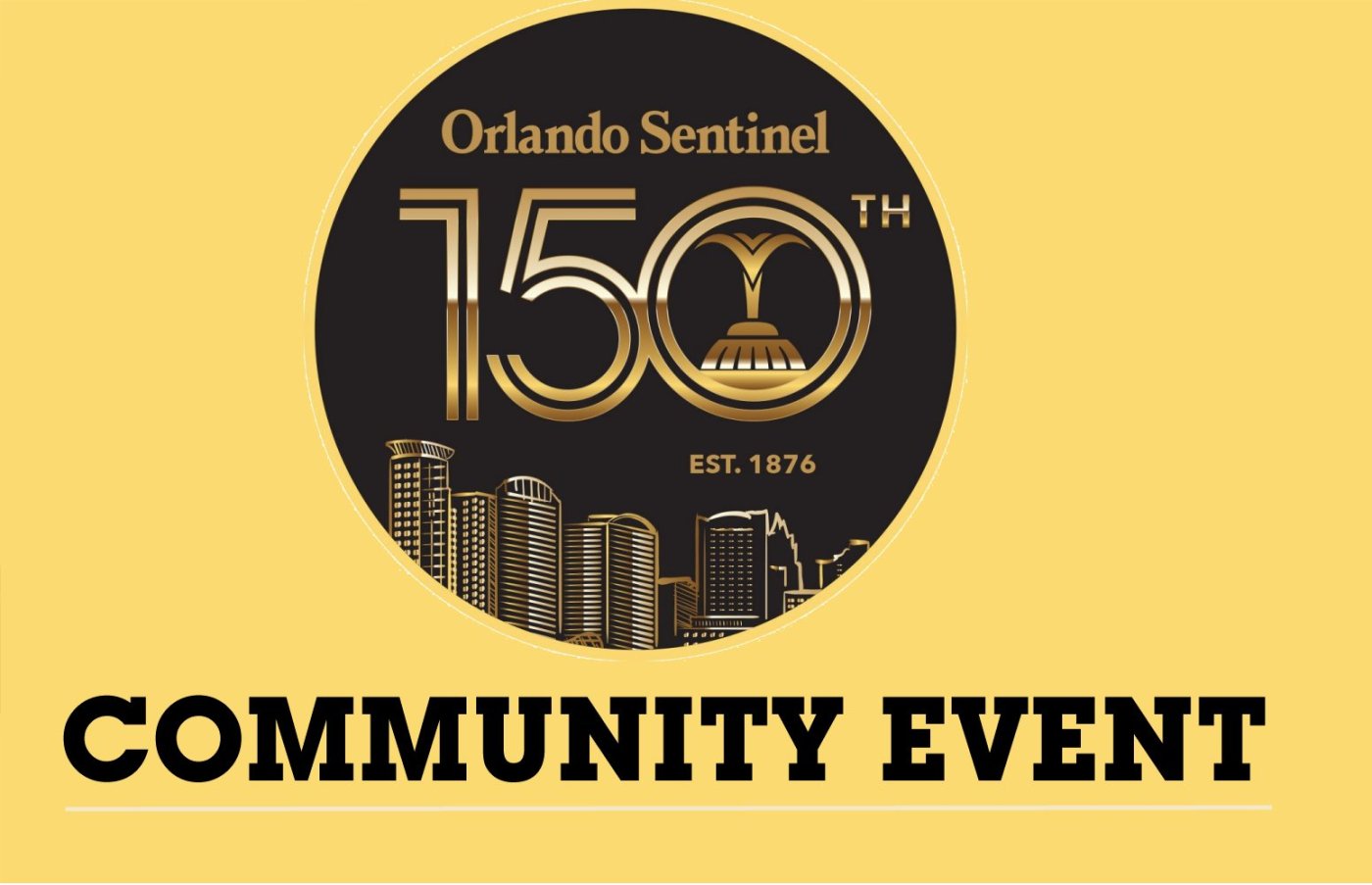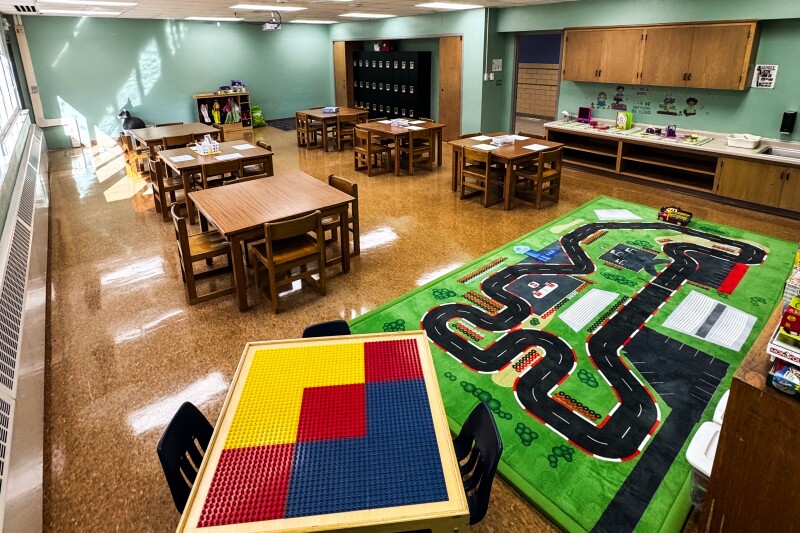When Eric Zhao joined the inaugural cohort of the Rales Fellows Program at Carnegie Mellon University, he embarked on a transformative journey in the fields of science, technology, engineering, and mathematics (STEM). The program aims to broaden access to graduate education and facilitate the transition from academia to industry for students, particularly those from underrepresented backgrounds. Today, Zhao is thriving at a robotics startup in San Jose, where he is developing assistive technologies aimed at improving elder care.
Transitioning from graduate studies to a professional environment can be daunting, especially for someone with no prior internship experience. Zhao credits the Rales Fellows Program with providing essential support throughout this process. “The Rales staff really go out of their way to support students, whether you’re searching for opportunities or preparing to step into them,” he said. This guidance included assistance with job searches, interview preparations, and even negotiation tactics.
The program fosters an environment of mutual support among fellows. Zhao, leveraging his connections in the biotech industry, helped introduce some peers to opportunities in that field. “With the Rales Fellows, it’s been a mutual exchange. Everyone is willing to help each other out, and that makes a big difference,” he noted.
Empathy in Engineering
In his current role, Zhao is focused on creating robotic solutions that enhance safety for individuals with limited mobility while alleviating the physical toll on their caregivers. His passion for this work is deeply personal, as Zhao has witnessed the challenges faced by family members requiring care. “When we first met, the founder spoke at length about the challenges of providing constant care for his elderly father after a hospitalization, particularly the physical demands and the lack of any real break,” Zhao explained.
His grandmother’s struggles with mobility issues have further fueled his commitment to this mission. “Those moments are terrifying, especially when it’s someone you care about,” he said, reflecting on the anxiety and helplessness families experience. Zhao believes that the most impactful applications of robotics and artificial intelligence are those that support vulnerable populations, emphasizing, “That’s where technology can truly make a difference.”
Building Confidence through Community
Even after securing employment, Zhao faced challenges related to imposter syndrome, a common struggle among many professionals transitioning into new roles. Surrounded by colleagues with impressive backgrounds, he often felt underqualified. “When I joined the startup, I looked at my teammates’ backgrounds and felt underqualified,” Zhao admitted. The Rales Program equipped him with tools to manage these feelings, helping him stay focused and motivated.
Through workshops and discussions with industry leaders, the program highlighted the importance of self-belief, especially for students from nontraditional backgrounds. “One of our biggest takeaways was learning to trust in your ability to reach your goals,” Zhao stated. Sharing experiences with fellow students helped him realize that many share similar doubts, fostering a sense of community and belonging.
Despite moving away from Pittsburgh, Zhao maintains strong connections with his fellow Rales alumni. They continue to support one another, celebrating career milestones and collaborating on projects. “Whenever someone posts a career update on LinkedIn, you’ll see a bunch of fellows commenting, congratulating them,” he noted. This ongoing camaraderie underscores the lasting impact of their shared experiences.
As Zhao looks to the future, he is eager to contribute back to the Rales Fellows Program. He hopes to engage with future cohorts through mentorship or financial support. “We were the first cohort, and we were handpicked. People believed in us. I want to pay that back, however I can,” he expressed.
Zhao’s story exemplifies the positive impact of targeted support programs like the Rales Fellows Program, illustrating how community and mentorship can empower individuals to overcome barriers and pursue meaningful careers.

